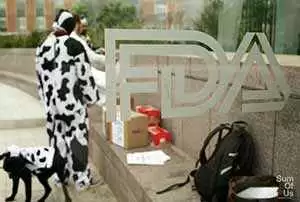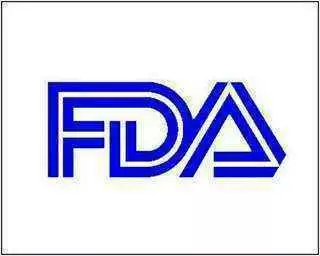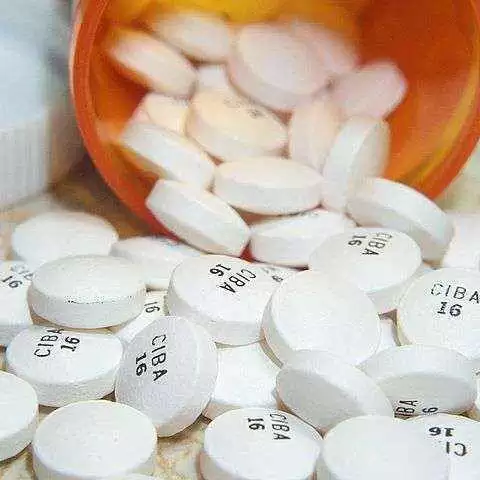Celiac.com 10/24/2013 - I recently attended the FDA'S Gluten-Free Food Labeling Act seminar and I wanted to share with you what I learned.
 The FDA’s gluten-free labeling rule is not mandatory, meaning manufacturers are not required to call out “gluten” in food products. While the regulation is voluntary, what’s important to know is that any product that is labeled gluten-free must meet certain FDA requirements. To simplify, a packaged food product regulated by the FDA that is labeled gluten-free must contain less than 20 parts per million (ppm) gluten, but it must also comply with additional criteria beyond this specific threshold. 20 ppm is not based on serving size either, which is key to remember.
The FDA’s gluten-free labeling rule is not mandatory, meaning manufacturers are not required to call out “gluten” in food products. While the regulation is voluntary, what’s important to know is that any product that is labeled gluten-free must meet certain FDA requirements. To simplify, a packaged food product regulated by the FDA that is labeled gluten-free must contain less than 20 parts per million (ppm) gluten, but it must also comply with additional criteria beyond this specific threshold. 20 ppm is not based on serving size either, which is key to remember.
Celiac.com Sponsor (A12):
The use of a “gluten-free” label does not replace the need to comply with the mandatory allergen labeling that requires wheat and the other top allergens to be listed. As much as most of us would like, there is currently no way to guarantee “zero gluten.” Current validated testing methods cannot test to that level. Food products that are labeled “no gluten,” “free of gluten,” and “without gluten” must also comply with the FDA’s gluten-free ruling. The claims “made no with no gluten-containing ingredients” and “not made with gluten-containing ingredients” do not have to comply with the ruling.
The regulation will allow inherently gluten-free foods, such as a bag of raw carrots or bottle water, to be labeled gluten-free. Here’s an example: While there can still be the case where one package of fresh broccoli may be labeled gluten-free while another may not be, both are still safe for people with celiac disease because broccoli in its natural state is gluten-free. Oats are not considered a gluten-containing grain, but they may come into contact with wheat by cross contamination. You should only eat flours that are labeled gluten-free. The FDA does not have the authority to regulate gluten-free claims.
Restaurants serving gluten-free food must do everything in their power to keep food gluten-free if they are making this claim. Foods labeled by the USDA are not covered by the FDA labeling act. Also, beverages regulated by TTB are not covered by the FDA'S labeling either. The most startling thing that I learned is that it is not unusual for a manufacturer to use barley and still label the product gluten-free. The bottom line is that even if the product is labeled gluten-free, read every ingredient and read it twice just to make sure you're safe!







Recommended Comments